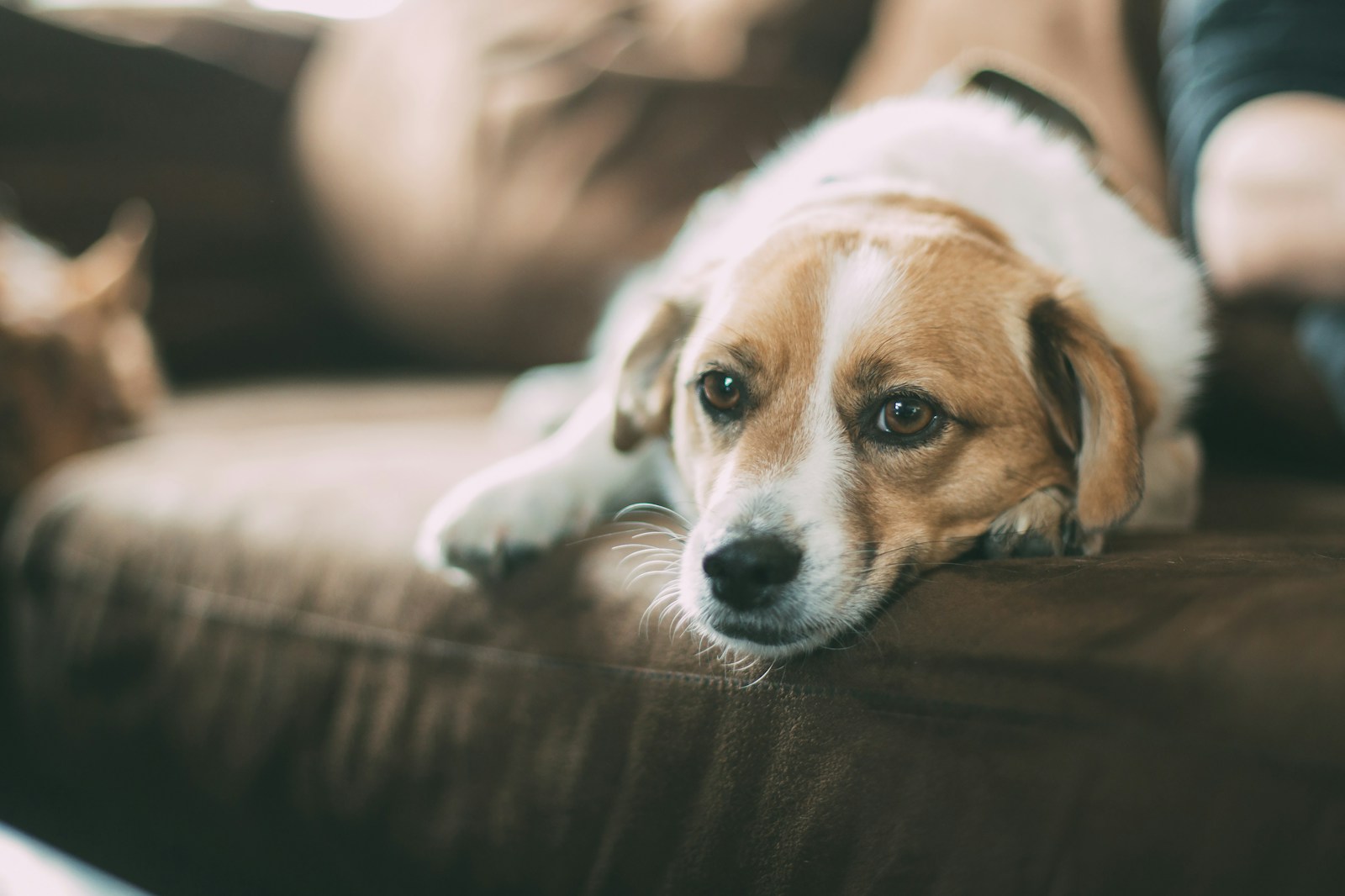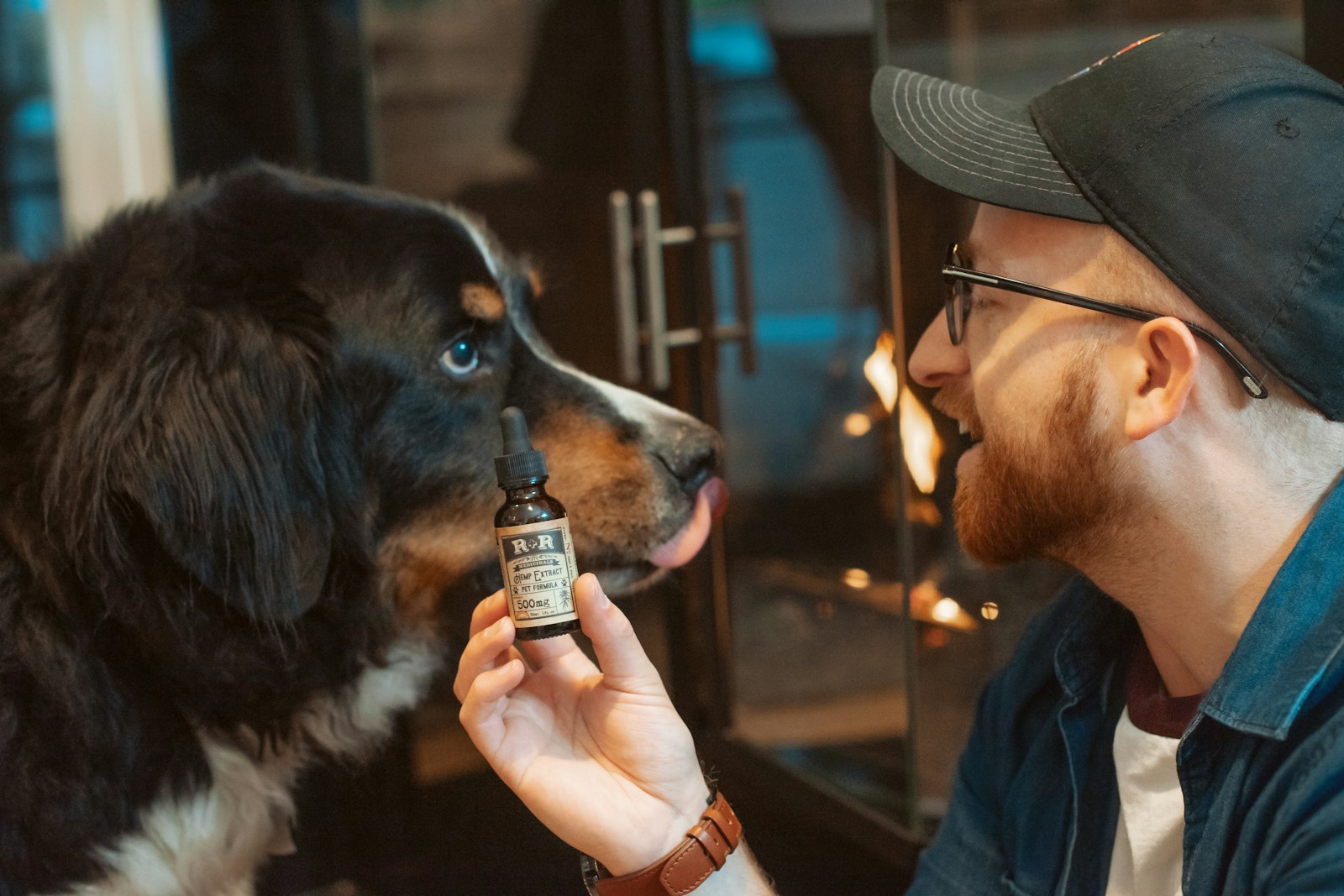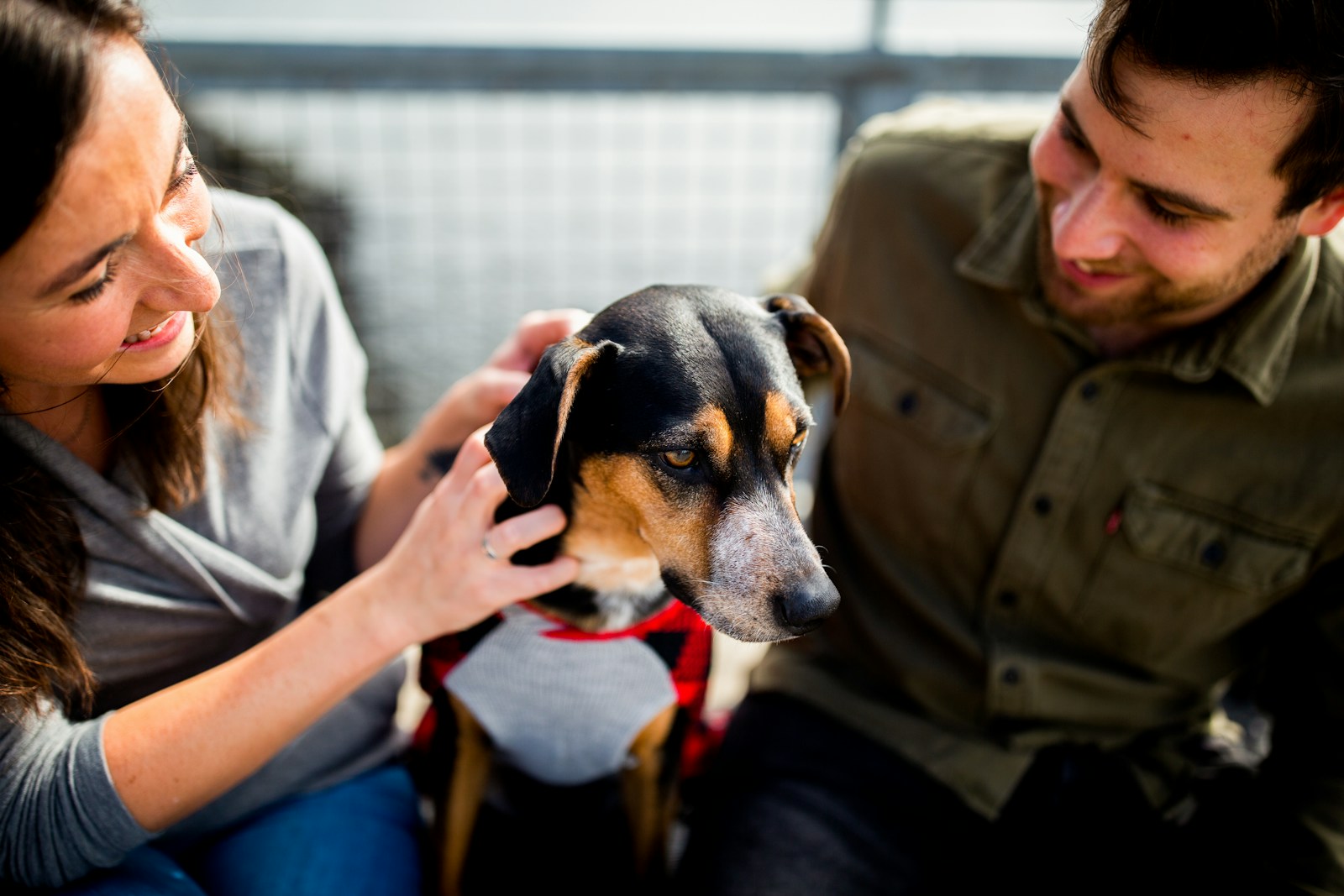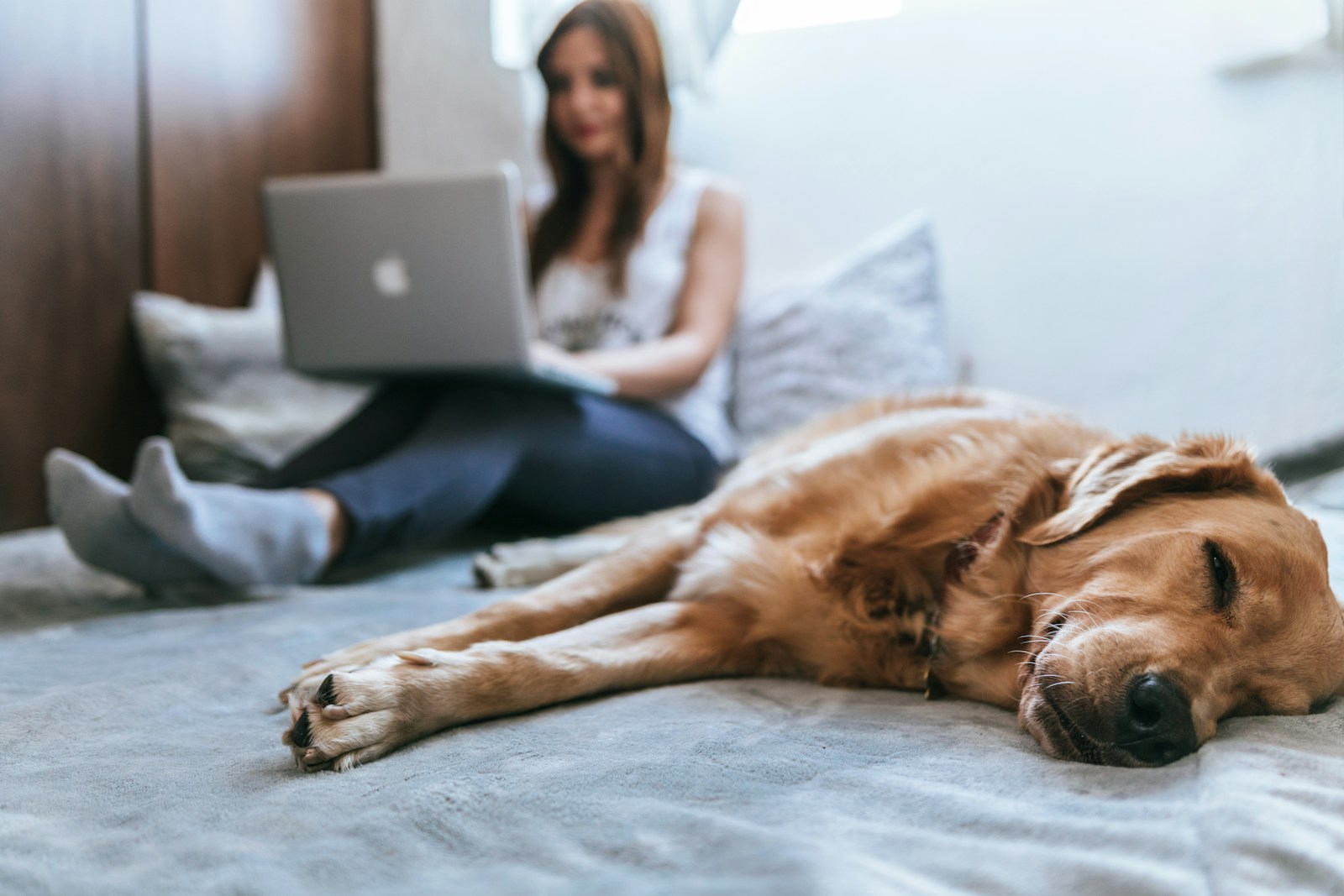Dogs, known for their loyalty and companionship, are not immune to experiencing anxiety. Understanding and addressing dog anxiety is essential for promoting your pet’s well-being and maintaining a harmonious relationship. This informative guide delves into the intricacies of canine anxiety, offering insights into recognizing signs, exploring potential causes, and implementing strategies to provide comfort and reassurance.
Anxiety in dogs can manifest in various ways, impacting their behavior, health, and overall quality of life. As responsible pet owners, being attuned to the signs of anxiety and taking proactive measures contributes to a positive and stress-free environment for your furry companion.
Understanding Dog Anxiety
Dog anxiety encompasses a range of conditions, from separation anxiety to situational fears and phobias. Identifying the specific triggers and manifestations is crucial for tailoring effective interventions. Common signs of anxiety in dogs include excessive barking, destructive behavior, panting, pacing, trembling, and withdrawal. Recognizing these signs early allows for timely intervention, preventing the escalation of anxiety-related issues.
Causes of Dog Anxiety
Various factors contribute to canine anxiety, and understanding these triggers is essential for developing targeted strategies. Common causes include changes in routine, separation from the owner, loud noises, unfamiliar environments, past traumas, or medical issues. Identifying the root cause guides pet owners in implementing measures to alleviate anxiety and create a supportive atmosphere.
Dog anxiety can stem from a multitude of sources, and recognizing these triggers is key to addressing the underlying issues. Changes in routine, such as moving to a new home or alterations in daily schedules, can induce stress. Separation anxiety often arises when dogs are left alone for extended periods. Loud noises, like thunderstorms or fireworks, can trigger fear responses. Past traumatic experiences or underlying medical conditions may also contribute to anxiety. By pinpointing the specific causes, pet owners can develop a targeted approach to alleviate their dog’s anxiety.
Recognizing Signs of Dog Anxiety
Dogs communicate their distress through a variety of behaviors. Recognizing these signs is essential for early intervention. Behavioral changes, such as excessive licking, yawning, or avoidance, may indicate anxiety. Physical signs like dilated pupils, lowered ears, and a tucked tail also signal discomfort. Paying attention to these cues empowers pet owners to create a supportive environment and implement anxiety-reducing strategies.
Anxiety in dogs often manifests through changes in behavior and body language. Excessive licking, yawning, or avoidance behaviors may signal distress. Physical signs, including dilated pupils, lowered ears, and a tucked tail, indicate heightened stress levels. Pet owners who observe these signs can take proactive steps to address the underlying anxiety triggers, promoting a sense of security for their canine companions.
Common Situations Causing Dog Anxiety
Certain situations commonly induce anxiety in dogs. These include visits to the veterinarian, car rides, exposure to new people or animals, and loud events like thunderstorms or fireworks. Understanding these triggers enables pet owners to implement preventive measures and provide reassurance during anxiety-inducing events.
Recognizing common anxiety-inducing situations for dogs is crucial for proactive management. Veterinary visits, car rides, encounters with unfamiliar people or animals, and exposure to loud noises are frequent triggers. By anticipating these events and implementing calming strategies, pet owners can help their dogs navigate these situations with reduced stress and anxiety.
Diagnosis and Professional Consultation
If anxiety persists or intensifies, seeking professional guidance is advisable. Veterinarians can conduct thorough assessments to rule out underlying medical issues and provide tailored advice. Understanding the severity of your dog’s anxiety allows for the implementation of appropriate interventions, ensuring optimal mental and emotional well-being.
Persistent or severe anxiety warrants consultation with a veterinarian. Professional assessments help rule out underlying medical issues contributing to anxiety. Veterinarians can provide valuable insights into the specific nature of your dog’s anxiety and recommend personalized interventions. This collaborative approach ensures a comprehensive understanding of your dog’s needs and facilitates the creation of an effective anxiety management plan.
Managing Dog Anxiety at Home
Creating a calm and secure environment is fundamental for managing dog anxiety. Establishing consistent routines, providing safe spaces, and incorporating positive reinforcement techniques contribute to a reassuring atmosphere. Calming products, such as pheromone diffusers or anxiety wraps, can also be beneficial.
Managing dog anxiety at home involves establishing routines that create predictability and security for your pet. Consistent meal times, exercise schedules, and bedtime routines help alleviate uncertainty. Providing safe spaces, such as cozy beds or secluded corners, offers a retreat during stressful times. Positive reinforcement techniques, such as reward-based training, build confidence and strengthen the bond between the owner and the dog. Calming products, like pheromone diffusers or anxiety wraps, provide additional support in creating a serene home environment.
Conventional Treatments for Dog Anxiety
Conventional treatments may include medications such as:
- Clomipramine (Clomicalm®): The first FDA-approved treatment for separation anxiety in dogs.
- Fluoxetine (Reconcile® or Prozac®): Used for separation anxiety, aggression, compulsive behaviors, and impulsivity.
These medications can have side effects, including increased or decreased appetite, lethargy, drowsiness, and more.
Natural Remedies for Dog Anxiety
For those seeking alternative treatments, several natural remedies can help manage dog anxiety:
- CBD Oil: Known for its calming effects, CBD oil can help manage pain, seizures, and anxiety in dogs.
- Herbs: Chamomile and other herbs can soothe your dog’s anxiety and help them relax.
- Flower Remedies: Bach flower remedies, like Rescue Remedy, can be used in stressful situations to alleviate stress.
- Essential Oils: Lavender and violet leaf essential oils can calm your dog’s anxiety. However, it’s crucial to use them safely and in moderation.
Training and Behavioral Modification
In addition to treatments, training and behavioral modification can play a significant role in managing dog anxiety:
- Desensitization and Counter-Conditioning: Gradually exposing your dog to the source of their anxiety in a controlled way can help them become less reactive.
- Consistency and Predictability: Establishing a routine and predictable environment can help reduce anxiety in dogs.
Conclusion
Addressing and managing dog anxiety require a combination of understanding, proactive measures, and, when needed, professional guidance. By recognizing signs, identifying triggers, and implementing strategies to create a secure environment, pet owners can significantly enhance the well-being of their anxious canine companions. Regular veterinary consultation and a compassionate, patient approach contribute to fostering a strong bond and a happy, relaxed life for both pet and owner.
Understanding dog anxiety goes beyond recognizing it as a behavioral challenge; it’s an opportunity for pet owners to create a supportive and nurturing environment that allows their furry friends to thrive emotionally and physically.
FAQs about Dog Anxiety
Understanding the complexities of dog anxiety often prompts common questions from concerned pet owners.
Can dogs outgrow anxiety?
Some puppies may outgrow mild anxiety, but persistent or severe anxiety often requires ongoing management and intervention.
Can changes in diet help alleviate dog anxiety?
Certain nutritional strategies may offer support, such as incorporating calming supplements or anxiety-relief diets. Consultation with a vet is recommended for tailored dietary recommendations.
Is professional training necessary for an anxious dog?
While not always necessary, professional training can be beneficial for addressing specific behavioral issues related to anxiety. Positive reinforcement-based training methods are often effective in building confidence and reducing anxiety.
Can I use over-the-counter anxiety medications for my dog?
Over-the-counter anxiety medications for dogs should only be used under the guidance of a veterinarian. Professional consultation ensures appropriate dosages and minimizes potential side effects.
Do all dogs experience anxiety?
Not all dogs experience anxiety, but it is a relatively common condition. Understanding your dog’s behavior and recognizing signs of anxiety allows for early intervention and effective management.






